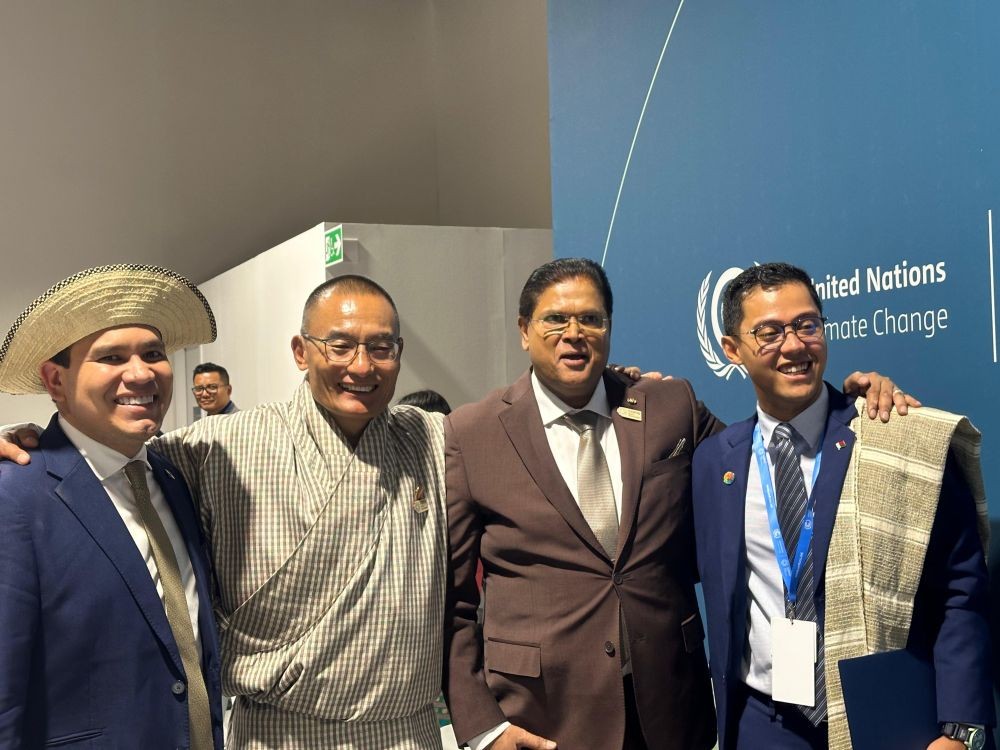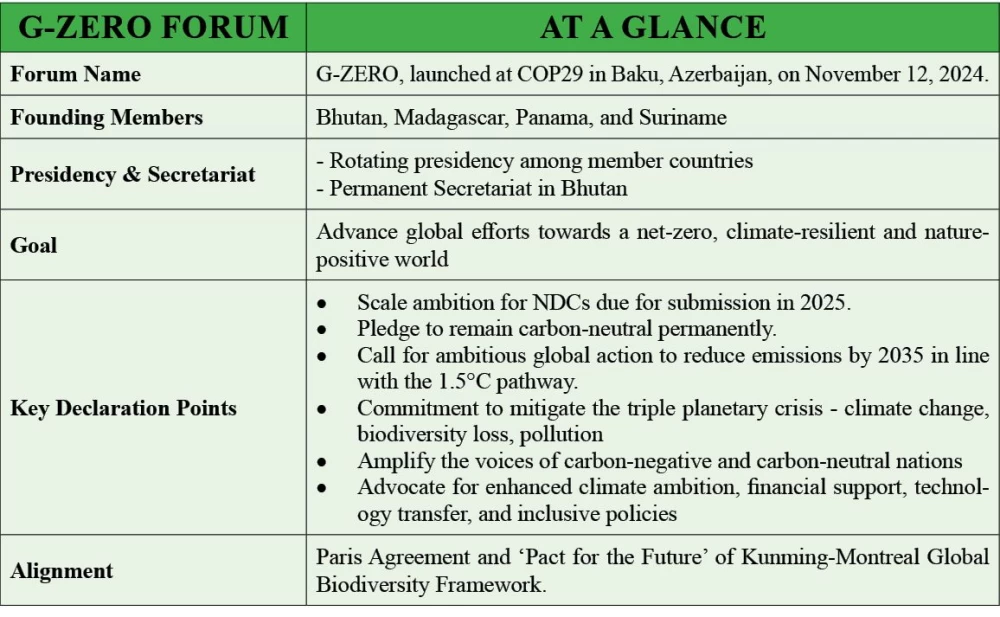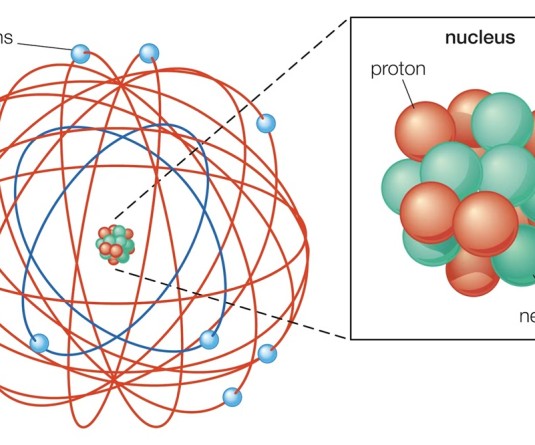Leaders of Bhutan, Madagascar, Panama, and Suriname during the launch of G-ZERO forum at in Baku, Azerbaijan, on November 12, 2024. (Image Courtesy: @UNDP_Bhutan/X)

As various stakeholders around the world gather at COP29 in Baku, Azerbaijan, a group of four carbon-negative and carbon-neutral countries launched a new forum at the event on November 12 to advance global climate action.
Named G-ZERO, Bhutan, Madagascar, Panama, and Suriname head the forum of carbon-negative and carbon-neutral countries with the goal to ‘advance global efforts towards a net-zero, climate-resilient and nature-positive world.”
The forum was announced in a joint Declaration at the 29th Conference of the Parties (COP29) of the United Nations Framework Convention on Climate Change (UNFCCC).

Aims & Objectives
In the Declaration, the leaders of the four G-ZERO nations emphasised that this is not just another forum but a pivotal movement to drive progress in the journey to redefine our broken relationship with the planet.
Among other points, the G-ZERO forum recognised and committed to scaling ambition in the next round of climate action plans (known as the Nationally Determined Contributions, or NDCs) due for submission in 2025, and pledged to remain carbon-neutral for all time.
The forum also called upon the world to deliver an ambitious means of implementation support to reduce emissions by 2035, in line with the 1.5°C pathway, and to mitigate the triple planetary crisis, described as climate change, biodiversity loss, pollution by UNFCCC.
In the Declaration, the four countries jointly expressed a strong, unified commitment to advancing global climate action, leveraging their unique voices, perspectives, and capabilities to foster a new era of global cooperation and innovation.
“As carbon-negative and carbon-neutral countries, we take on a unique responsibility—and view this as an opportunity—to maintain our momentum as part of the effort to protect and enhance carbon sinks and promote nature-positive pathways. We are moving toward a future that safeguards biodiversity, supports sustainable development, and ensures resilience against the impacts of climate change,” the Declaration stated.
Besides the Paris Agreement, the initiative is aligned with the ‘Pact for the Future’ adopted by world leaders at the recent Summit of the Future, the Kunming-Montreal Global Biodiversity Framework’s goal of living in harmony with nature by 2050, and the call for countries to enhance their ambitions in NDC 3.0.
The G-ZERO countries also reiterated their commitment to policies that limit greenhouse gas emissions and conserve and enhance vital carbon sinks such as forests, wetlands, and other ecosystems.
The Forum will advocate for enhanced climate ambition, increased financial support in all its forms, technology transfer, and inclusive climate policies that empower developing nations and protect vulnerable communities.
The member countries will collaborate to share experiences, exchange policy solutions, and develop technical expertise on net-zero pathways for a sustainable world.
The Declaration further stated that the G-ZERO forum aims to amplify the voices of carbon-negative and carbon-neutral nations in international climate policy dialogues and work toward maximizing diverse innovative financing to conserve and enhance carbon sinks, as well as to protect biodiversity and other ecosystems.
The G-ZERO will operate with a rotating presidency among member countries, supported by a permanent Secretariat in Bhutan.
(Morung Learning Feature)




